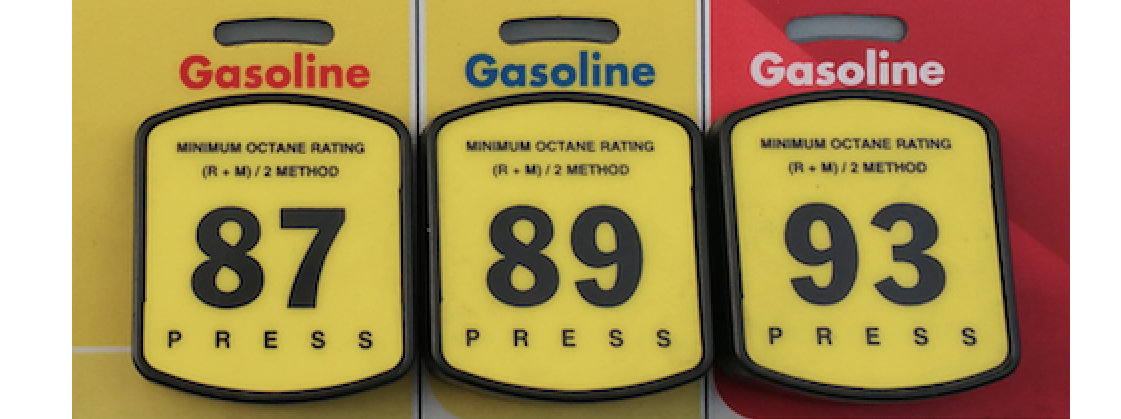The engine responding to changes in octane with adjustments to air/fuel ratio and spark timing is a matter of the ECU. Looking at just the fuel alone, octane has no impact on fuel economy nor power potential. For most cars on the road, the only thing higher octane will do is make the owner's wallet a little lighter. For those cars that do respond to higher octane, it's unlikely the improvement in fuel economy is enough to offset the cost of the premium fuel.
Where I am, regular E10 87 is $3.49/gal and premium E10 93 is $4.09/gal. (Regular ethanol-free 87 is $4.89/gal... phew!) Let's say a car gets 25 mpg on regular E10 87 and has a 12 gallon tank.
25 mpg x 12 gallons = 300 miles
12 gallons x $3.49/gal = $41.88 per tank or $0.14 per mile
On premium...
12 gallons x $4.09/gal = $49.08 per tank, a +17.2% increase in cost.
300 miles x 1.172 = 351.58 miles or 29.3 mpg over a 12 gallon tank to get the same $0.14 per mile
In order to just break even on the cost of the premium fuel, the car would have to improve fuel economy by +4.3 mpg which is -15% less fuel per mile. I don't see that happening. My wife's Mustang, which adjusts for the octane, has consistently shown a +1.5-2.0 mpg improvement on 93 over 87 along the same driving routes in similar weather conditions, well below the improvement needed to justify the higher cost. I would imagine +2 mpg is about the optimistic upper limit any vehicle would probably get from adjustments for premium fuel.

